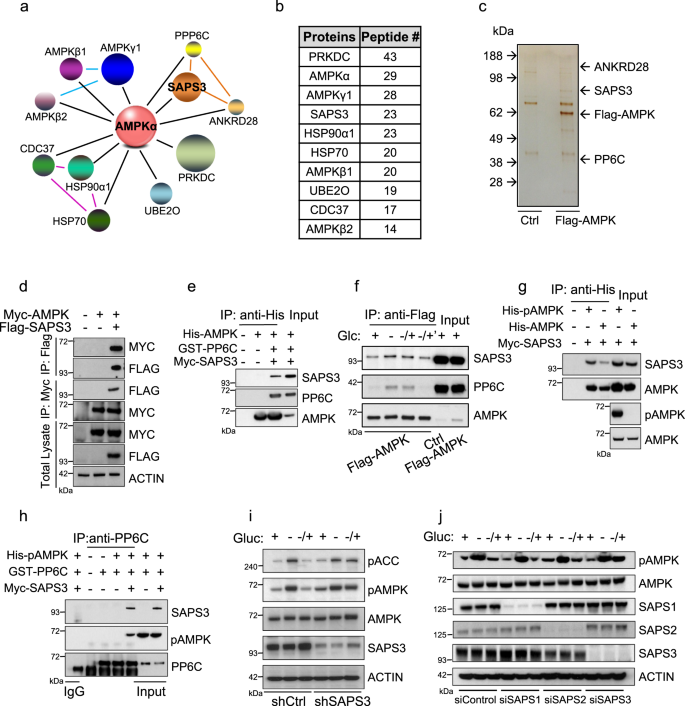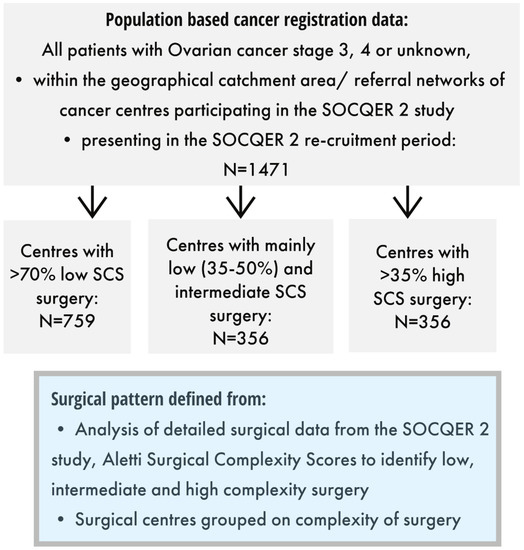2023-04-05 カリフォルニア大学校アーバイン校(UCI)
彼らは、AMPKと呼ばれるタンパク質複合体に焦点を当て、その働きを理解することで、代謝異常を防ぐ方法を発見しました。彼らは、マウスのゲノムからSAPS3というAMPK成分を除去し、脂肪分45%の食事を与えた結果、脂肪分が高くても正常なエネルギーバランスを維持できることがわかりました。
この発見により、SAPS3を抑制する新しい分子を開発することが可能になり、肥満、糖尿病、脂肪肝疾患などの疾患に取り組む手助けとなる可能性があります。
<関連情報>
- https://news.uci.edu/2023/04/05/study-shows-how-to-prevent-a-high-fat-diet-from-throwing-metabolism-out-of-whack/
- https://www.nature.com/articles/s41467-023-36809-1
プロテインホスファターゼ6のSAPS3サブユニットはAMPK阻害剤であり、雄マウスの食事チャレンジに伴う代謝のホメオスタシスを制御する SAPS3 subunit of protein phosphatase 6 is an AMPK inhibitor and controls metabolic homeostasis upon dietary challenge in male mice
Ying Yang,Michael A. Reid,Eric A. Hanse,Haiqing Li,Yuanding Li,Bryan I. Ruiz,Qi Fan & Mei Kong
Nature Communications Published13 March 2023
DOIhttps://doi.org/10.1038/s41467-023-36809-1

Abstract
Inhibition of AMPK is tightly associated with metabolic perturbations upon over nutrition, yet the molecular mechanisms underlying are not clear. Here, we demonstrate the serine/threonine-protein phosphatase 6 regulatory subunit 3, SAPS3, is a negative regulator of AMPK. SAPS3 is induced under high fat diet (HFD) and recruits the PP6 catalytic subunit to deactivate phosphorylated-AMPK, thereby inhibiting AMPK-controlled metabolic pathways. Either whole-body or liver-specific deletion of SAPS3 protects male mice against HFD-induced detrimental consequences and reverses HFD-induced metabolic and transcriptional alterations while loss of SAPS3 has no effects on mice under balanced diets. Furthermore, genetic inhibition of AMPK is sufficient to block the protective phenotype in SAPS3 knockout mice under HFD. Together, our results reveal that SAPS3 is a negative regulator of AMPK and suppression of SAPS3 functions as a guardian when metabolism is perturbed and represents a potential therapeutic strategy to treat metabolic syndromes.

